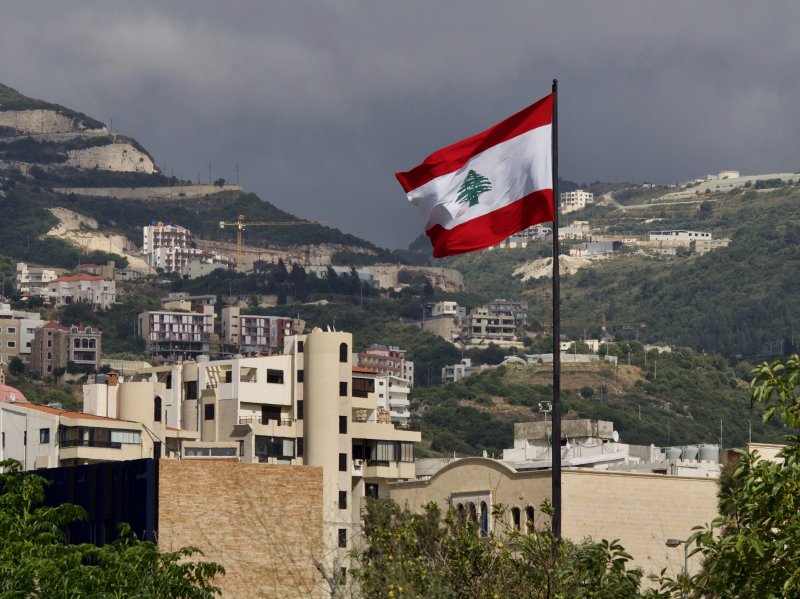On Tuesday, France urged Lebanon to restore its full sovereignty and called on Israel to withdraw its forces from Lebanese land.
Speaking before the UN Security Council, French Foreign Minister Jean-Noel Barrot urged Israeli troops still present in the southern part of Lebanon to withdraw and allow the Lebanese Armed Forces to be posted in the area, News.Az reports citing The National.
“It’s up to them [Lebanese Armed Forces] to ensure the security and sovereignty of the state, assisted by Unifil and the oversight mechanism that France is involved in, alongside the US and which includes the UN,” Mr Barrot stressed, referring to the UN Interim Force in Lebanon.
Under the November 27 ceasefire agreement between Israel and the Lebanese militant group Hezbollah, Israeli troops were required to withdraw from southern Lebanon by January 26. The deal stipulated that both Israeli troops and Hezbollah fighters would pull back, allowing the Lebanese army and UN peacekeepers to take control of the region.
Per the terms of the agreement, both Israeli troops and the Iran-backed militant group Hezbollah were required to pull back from southern Lebanon, clearing the way for the posting of the Lebanese army and UN peacekeepers.
Yet Israeli troops remain stationed in several Lebanese villages, defying the January 26 withdrawal deadline and maintaining a presence that Beirut and international mediators continue to challenge.
Israel’s deputy ambassador to the UN Jonathan Miller said the Lebanese government must have a “monopoly on military force”.
“That is the Israeli position. That is the Lebanese position. That is the position of our cessation of hostilities agreement,” he said. “The international community must take tangible steps to assist the Lebanese government and armed forces in reclaiming its sovereignty and dismantling Hezbollah‘s parallel army of terrorists.”
Mr Miller’s remarks underscored Israel’s long-standing demand for Lebanon to curb the influence of Hezbollah, which wields significant military power independent of the state.
He also raised concerns about Syria, warning of a “deeply troubling pattern” of those with “jihadist backgrounds” being appointed to key positions within the provisional government and affiliated armed groups.
“These groups’ ideologies are clear and cause for serious alarm,” he said. “As is too often the case in times of collapse, Syria’s most vulnerable – its minorities, internally displaced, religious and ethnic communities – are the ones left exposed: Christians, Druze, Kurds, Yazidis, all caught between a shattered state and roaming militias.”
Syrian authorities have been seeking to persuade western states that the extremist origins of the forces who toppled former president Bashar Al Assad are confined to the past.
Foreign Minister Assad Shaibani dismissed Israel’s warnings about the treatment of minorities in Syria, saying the minority groups as well as Damascus reject foreign interference.
“They refuse to be used in the media campaigns of Israel that seek to divide Syria and keep it fragile and unstable,” Mr Shaibani told council members. “Even Syrian Jews, whom we have met repeatedly, reject such plans and such policies.”
